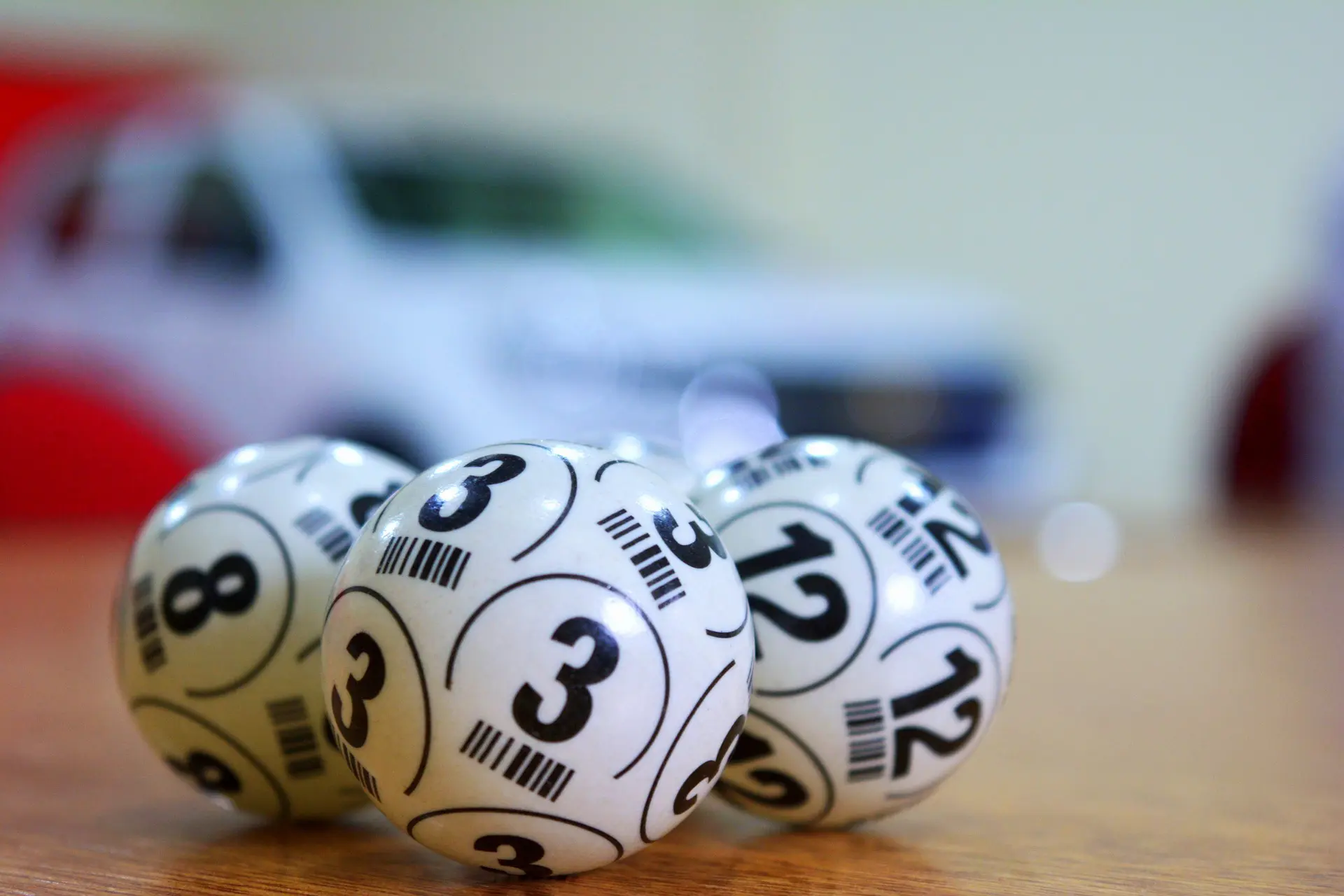
09 Apr Winning the Lottery
Arizona has many lottery games to play, and they are popular across a broad spectrum of incomes. What draws some people to a game that costs money to play and yet offers extreme odds against winning? For some, it is the hope of becoming rich; for others, it is the thrill of possibility. Phelps LaClair, serving Chandler, Mesa, Phoenix and Scottsdale, is a second generation estate planning law firm with 40 years of experience designing bulletproof estate plans. Our question to you is: what will you do if you win the lottery?
Pay to play
For states that have lotteries, the revenues can be in the billions of dollars. The average spent by residents in some states is more than $725 per year. There are many negative stereotypes about people who play the lottery, but the facts tell a different story. Fifty-five percent of those who play lotteries regularly have yearly incomes exceeding $55,000. Seventy-five percent of adults purchase a lottery ticket at some point in their lives. Some players may fall below the poverty level, but the majority do not.
What are the odds?
You are more likely to win the lottery than you are to be struck by lightning. But if you do win the lottery, you are more likely to declare bankruptcy within 3-5 years than the average American. In fact, nearly a third of lottery winners end up declaring bankruptcy. Many winners take lump sum payouts and go on a wild spending spree. They can burn through millions in a few short years. Some never learn to say no; they end up financing houses, cars and expensive presents for family and “friends”. Others may invest in stocks, bonds or businesses—yet without proper guidance they end up with little to live on in their retirement years.
Taking an annual payment instead of a lump sum has some advantages. You are guaranteed a yearly income for 20-30 years and you may end up in a lower tax bracket with the annual payout. You can also make a better budget knowing what your income will be. But with an annuity, you can’t invest the lump sum, and if you need more money for an emergency, you can’t access it. If you die, will the money pass on to your heirs? If the lottery can no longer make the payouts, you may lose the long-term income. So our question is: if you win the lottery, what is the best strategy?
Professional advice
Many financial advisors will give you some keys to help you make the most of your winnings.
- Get out of debt. Paying off high interest loans will save you money in the long run. Student loans, second mortgages, auto loans and credit cards are like dead weight on your wallet. Pay them off and invest the money you save on interest.
- Diversify investments. If you are a first time investor, you need competent, professional investment advisors. We can recommend several for you. Index funds are a good starting place, but don’t overlook other avenues of investment. For instance, things like blue-chip art works will often yield a higher return on investment than stocks and bonds.
- Save for retirement. It is easy to overlook this if you are staring a pile of cash in the face. But it is a hedge against hard times and failed plans. No one wants to have to return to work in their golden years.
- College funds. Saving for education is an investment in the future, whether it’s for your children or someone else’s. Pay it forward. There are ways to do it that will maximize your investment and minimize your tax exposure.
- Give it away. Giving to a church or charity is extremely rewarding and helpful to so many other people. And there are tax breaks for you depending on how you do it.
Phelps can help
They say the only sure things are death and taxes. Phelps LaClair exists to help you protect your assets and your hard earned wealth so you can pass it on as a legacy to the next generations. If you do win the lottery, we are here to help you design an estate plan that will enable you to make the most out of your windfall. And even if you don’t play (or haven’t won yet), we welcome you to come in for a free consultation. With us, your future is not a matter of luck—it’s a matter of careful planning.
Images used under creative commons license (Commerical Use) 04 09 2020


